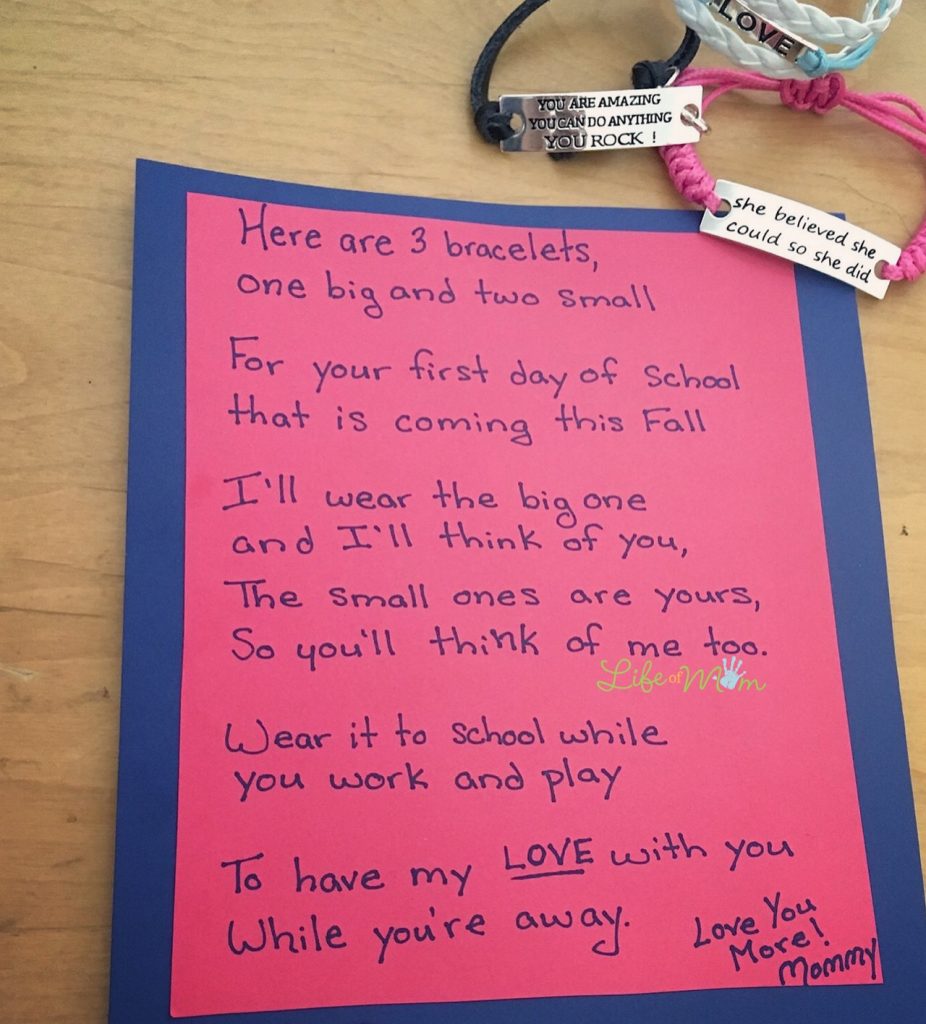
1. Let go of expectations.⠀⠀⠀⠀⠀⠀⠀⠀⠀
⠀⠀⠀⠀⠀⠀⠀⠀⠀
The thought of having an extended period of time at home may have some of us pulled in the direction of productivity. I’m sure we can all think of projects we want to accomplish around the house, hobbies we want to reconnect with and new things we’d like to learn. Whatever your ideas are about this time, you may have to surrender some of those. This is not a break from life or a vacation. Many of us are navigating homeschooling, working from home and maintaining a household simultaneously. We are figuring out how to get food on the table while minimizing the trips to the store. We are trying to figure out how to pay bills when wages have been cut. You may not have the energy, mental capacity, or focus to do more things. And that’s okay. This is a time to be gentle with yourself, not to pressure yourself to accomplish the things you usually can’t get to.⠀⠀⠀⠀⠀⠀⠀⠀⠀
⠀⠀⠀⠀⠀⠀⠀⠀⠀
The same goes for our kids. We may want to get them on every Zoom call with their classmates and keep up with every class and activity. But then kids have a mind of their own and decide that they don’t want to comply with our plans for their productivity. Give them a break. If they don’t like being on video chat with their class, don’t force it, just communicate with their teacher about what’s going on. Kids may not have the words and emotional intelligence to express what they’re feeling or why things are hard. Encourage them to talk. Ask open-ended questions about they’re going through, like, “What did you not like about that?” And make sure to validate their experiences, “this is a lot of change for all of us, it’s okay if you have hard days.” Don’t stress about keeping up with everything. Kids feeling loved, safe and able to talk is much more important to their development than completing all of their assignments.

2. Keep structure, but keep it flexible. ⠀⠀⠀⠀⠀⠀⠀⠀⠀
⠀⠀⠀⠀⠀⠀⠀⠀⠀
It can be really helpful to maintain the general rhythms of life, including wake and bed times, meal times, regular body movement, etc. This can be especially important to our children, whose whole reality has been turned upside down without as much understanding that we, as adults, have. Kids will benefit from having a structure for the day, but be on the lookout for over-planning and rigidity with scheduling for your family or yourself. Our kids will let us know if we need to ease up on the schedule; they may flat out refuse to go along with it. Be flexible with them and know that every day may be different. It may be helpful to give them 2 options for each block of the day. If they’re not interested in a certain activity one day, offer it the next day in case they’ve changed their mind. One way to empower kids to connect with and speak their own preferences is to ask them to set intentions for the day or week in terms of activities and scheduling. Having their buy-in makes all the difference in tackling their workload. ⠀

3. Practice compassion for yourself, your kids and your partner. ⠀⠀⠀⠀⠀⠀⠀⠀⠀⠀⠀⠀⠀⠀⠀⠀⠀
Compassion is how we let go of expectations. When we feel that we’re falling short or our family members aren’t keeping up, instead of getting frustrated, try to connect with compassion. You may have to give yourself space to find compassion, but doing so can change our mood and perspective. ⠀⠀⠀⠀⠀⠀⠀⠀⠀
⠀⠀⠀⠀⠀⠀⠀⠀⠀
Context is everything. I like to remind my clients to look for context and its effects on their experience. Try hard to hold onto the context of what we’re all going through; we’re living in a time where there is little we can plan or control in the immediate future. We’re all coping with disappointments, fear, grief and loss. This isn’t easy for any of us and we are all going to have our bad days. Compassion for ourselves and our loved ones when days are hard can go a long way in feeling seen, understood and cared for. ⠀⠀⠀⠀⠀

4. Limit consumption of news media. ⠀⠀⠀⠀⠀⠀⠀⠀⠀
⠀⠀⠀⠀⠀⠀⠀⠀⠀
The news is on all day and each news source seems to have their own ideas about how this is going, what will come next, who is at a fault, etc. We may feel the urge to keep up with all of the news sources and make sense of it. The reality is, there is still so much unknown in this situation and taking in more news may lead to information overload, confusion and anxiety.⠀⠀⠀⠀⠀⠀⠀⠀⠀
⠀⠀⠀⠀⠀⠀⠀⠀⠀
I recommend finding a news source or two that you trust and checking in with it one time per day. I like to envision that as my “news break” where I have permission to worry and take in information. But, when the break is over (I recommend 30 minutes), envision yourself placing your worry in a box and closing the box until tomorrow’s news break. If you catch yourself ruminating on things you’ve heard in the news, take a minute to do a self-care burst, such as putting on a favorite song and having a (socially distant) dance party, doing a coloring sheet, or reaching out to a friend. This can help to shift your brain from worry back to the present. And always resist judgment by reminding yourself that you’re doing your best in a really difficult time.

5. Make time for self care. ⠀⠀⠀⠀⠀⠀⠀⠀⠀
⠀⠀⠀⠀⠀⠀⠀⠀⠀
We are all wearing more hats than we can count and there is not adequate time for us to do all of the things we’re being asked to do. It can be tempting to sacrifice our self-care time in service of our family’s needs, but that can increase our burn out and leave us less able to be helpful, compassionate and patient with our loved ones. The ways we take care of ourselves may have to look different right now (i.e. we can’t go to our yoga studio, can’t go to the beach and can’t go to get our nails done), but it is important that we are finding ways to take care of ourselves in this stressful time. ⠀⠀⠀⠀⠀⠀⠀⠀⠀⠀⠀⠀⠀⠀⠀
We may have to focus on simplifying self-care in this time, but we shouldn’t ditch it completely. Start with the basics, such as making sure you’re getting three balanced meals, sleeping adequately, showering and getting dressed. For relaxation, try taking a bath, taking an online yoga or mediation class or journaling about your experience. Resist the urge to place expectations on yourself; even 5 minutes of self-care can make a difference in your mood.

6. Connect with community.⠀⠀⠀⠀⠀⠀⠀⠀⠀
⠀⠀⠀⠀⠀⠀⠀⠀⠀
We are fortunate to live in an era where we have the ability to connect while still maintaining social distancing. Take advantage of this! Stay in communication with supportive friends and family members through text, video chat, phone calls and good old snail mail. It can be helpful to plan times to check in with loved ones to ensure that we are making the time and space to connect. And, be flexible and compassionate with yourself in the process. Some days it may be harder to fit in a lengthy video chat; on those days send some text messages and make sure you’re still reaching out. ⠀⠀⠀⠀⠀⠀⠀⠀⠀⠀⠀⠀⠀⠀⠀
If you are currently connected with a therapist, dietitian or psychiatrist, ask if you can transition to phone or video sessions so you can continue your work while remaining safe at home. If you are struggling with a loss of work or income, make sure to let your providers know; they may be able to provide resources or work with you to make sure you can continue accessing needed support. ⠀⠀⠀⠀⠀⠀⠀⠀⠀
⠀⠀⠀⠀⠀⠀⠀⠀⠀
If you’re connected with a recovery or faith community, make sure to reach out to find out how they are navigating this time and continuing to offer support. Make the effort to attend online meetings and services, this can help you with ensuring connection and support while also maintaining a sense of normalcy. ⠀⠀⠀⠀⠀⠀⠀⠀⠀
⠀⠀⠀⠀⠀⠀⠀⠀⠀
Bottom line: you may be separated physically, but you can remain checked in and connected.
by Mallory Hepp, LCSW
For more information, visit malloryhepp.com
Instagram @malloryhepplcsw
Email: malloryhepplcsw@gmail.com



